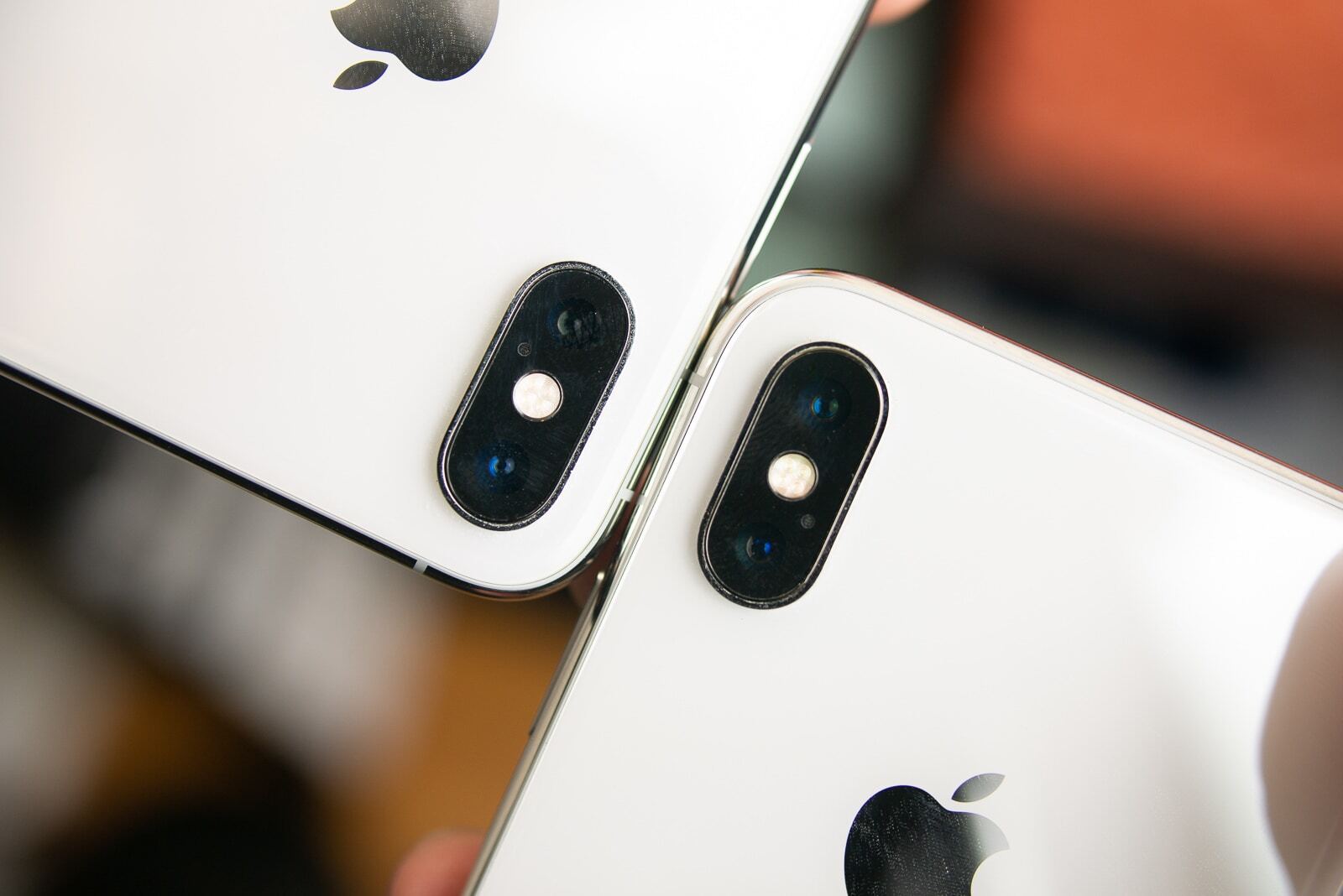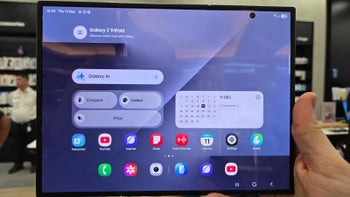Apple's taking a conservative approach to 2019 iPhone production orders

The iPhone XR, iPhone 8, and iPhone 8 Plus
Apple aims to better handle excess stock in 2020

Once December passes both new and old iPhone models imported from China will automatically be subject to the new 15% import tariff. The impact of this should be split between Apple and its supply chain partners although the “rapid depreciation” of China’s currency that’s gradually lowering manufacturing costs should help offset the added cost for Apple slightly. Nevertheless, it’s still expected to impact the company’s bottom line and may result in weaker Chinese iPhone sales as local customers retaliate.
Consumers in the US aren’t presently expected to see any price increases but the threat certainly exists. This could lead to a sudden spike in demand by consumers attempting to avoid the tariffs which may result in a “stronger than seasonally normal” quarter for Apple, according to Rosenblatt.
iPhone 11 series announcement, release date, pricing
The iPhone 11 (R), iPhone 11 Pro, and iPhone 11 Pro Max or whatever Apple chooses to call them will all be announced next Tuesday, September 10. Last year Apple opted for a staggered release wherein the iPhone XS Max series arrived in September and the cheaper iPhone XR followed in October but this year all smartphones are expected to launch simultaneously on Friday, September 20. To ensure an early delivery, Apple should open up pre-orders a week earlier on Friday, September 13.
When it comes to pricing the 2019 iPhone lineup is rumored to be no different to last year’s. The cheaper iPhone 11 will apparently stick to the $749 price tag while the premium iPhone 11 Pro looks set to land at $999. The iPhone XS Max’s replacement, on the other hand, should retail at $1,099. The standard models should feature 128GB of storage although 256GB and 512GB variants that retail at higher prices are to be expected too.

Finally, in regards to colors, the iPhone 11 will reportedly be sold in black, white, red, yellow, green, and lavender. The iPhone 11 Pro and Pro Max, on the other hand, may launch in Gold, Space Gray, Silver, and a new dark green shade.
Follow us on Google News










Things that are NOT allowed:
To help keep our community safe and free from spam, we apply temporary limits to newly created accounts: